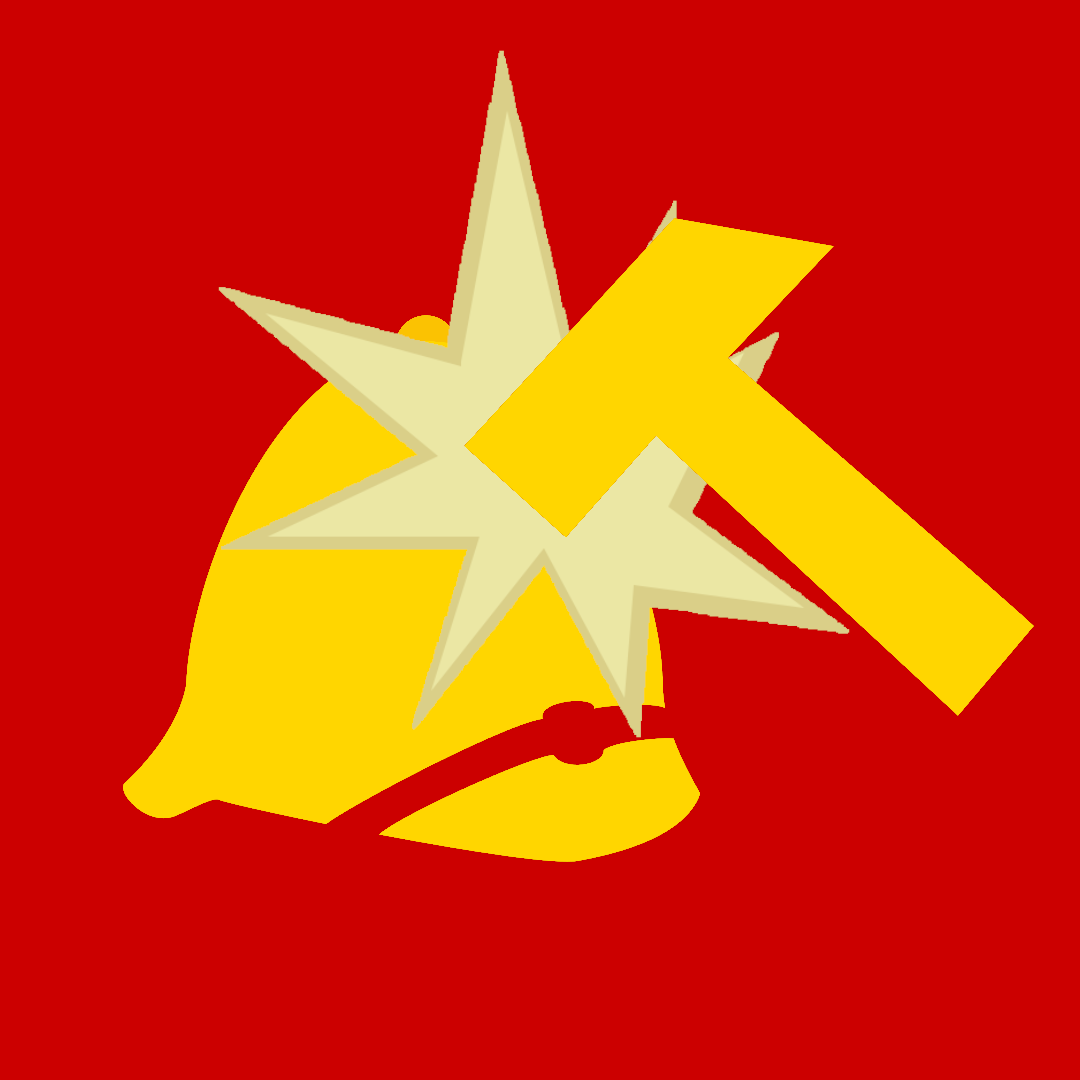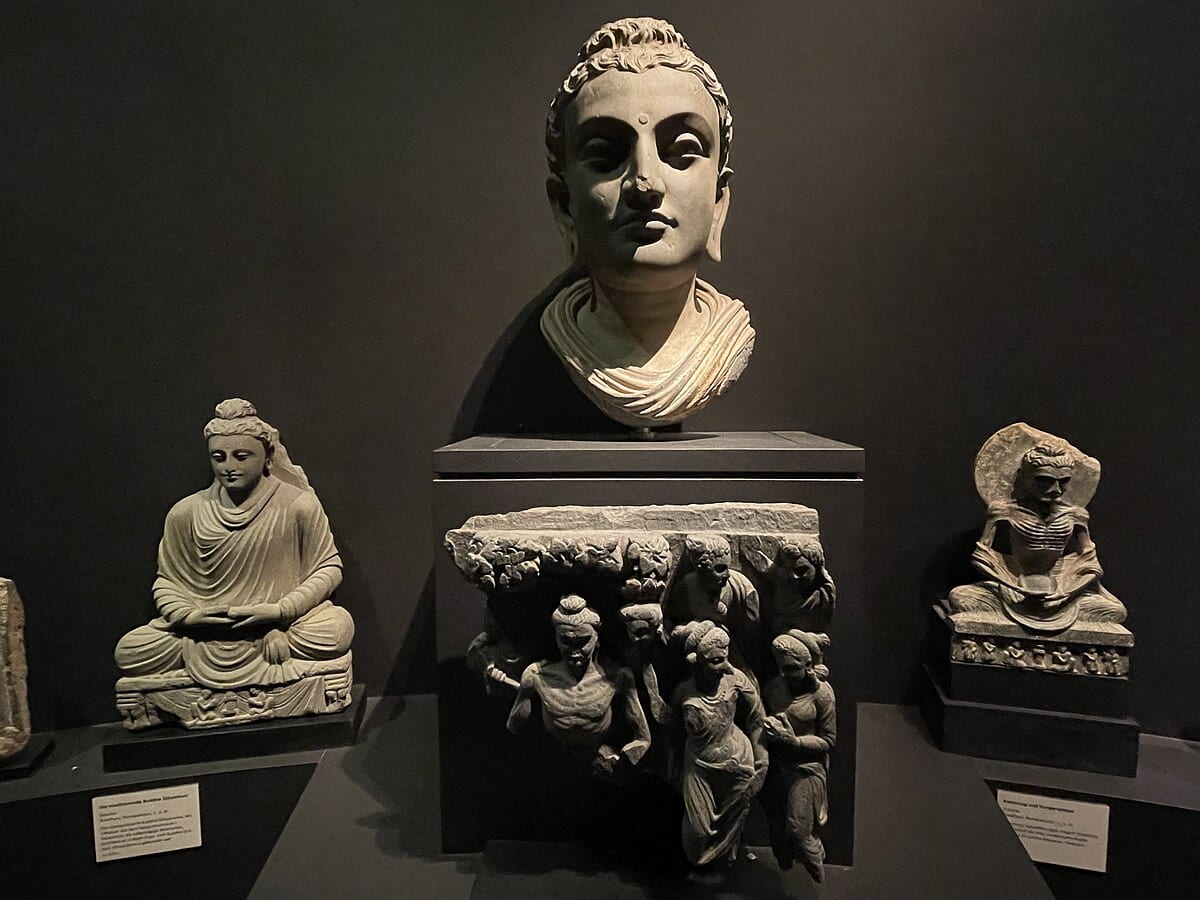I don’t remember! Sometimes when I don’t feel lazy I stretch beforehand (I should be more consistent). But I usually begin by simply walking then elevate the intensity progressively.
My biggest suspicion was breathing. I somewhat remember that I wasn’t properly inhaling and exhaling, sometimes would hold my breath unconsciously.
This morning I made sure to stretch and actively breathe. Didn’t face an issue.



























None whatsoever. I went on a run this morning and didn’t face any issue.